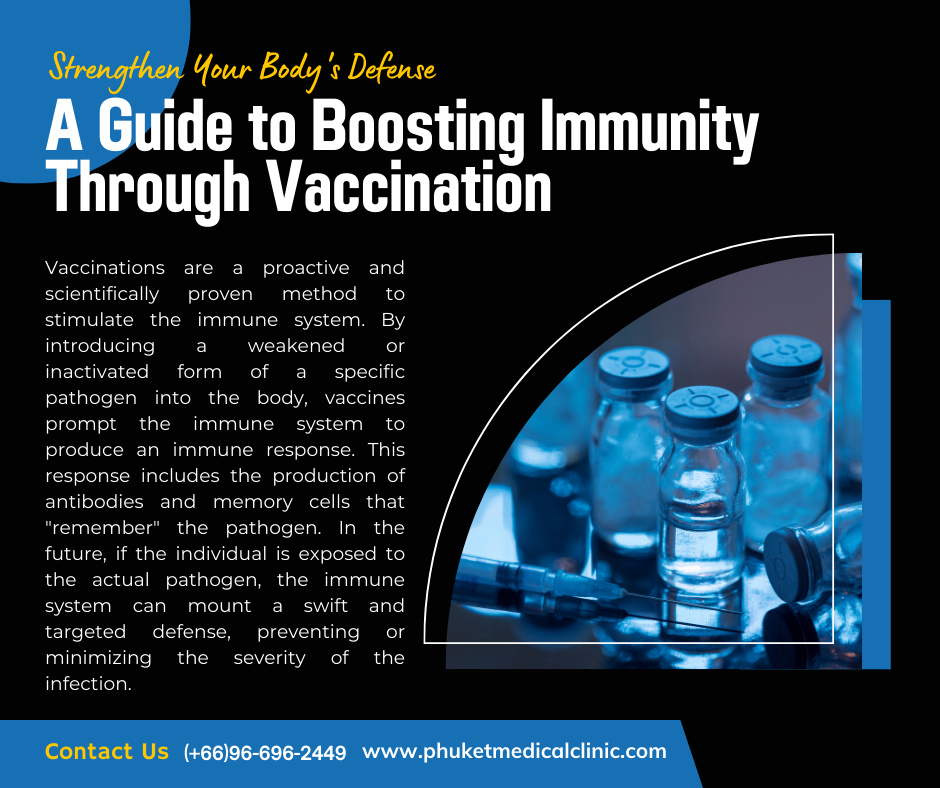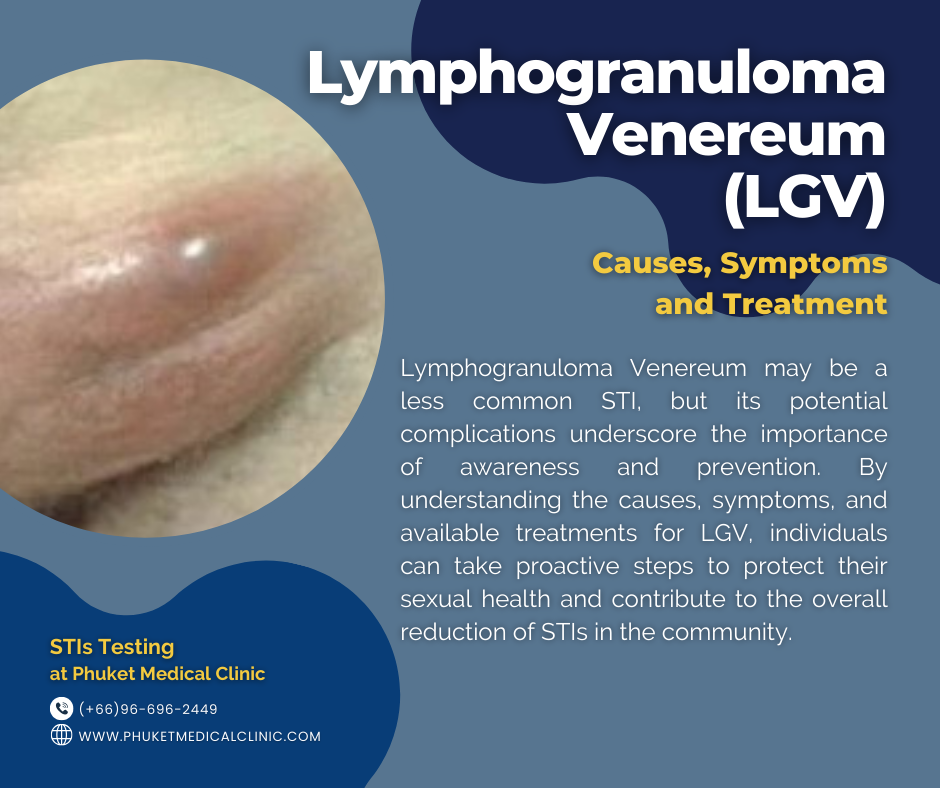In the world of infectious diseases, the term “viral load” plays a crucial role in understanding the severity of an infection and its transmission dynamics. Whether you’re a healthcare professional, a patient, or simply someone interested in staying informed, grasping the concept of viral load is essential. In this article, we’ll delve into what viral load is, why it’s significant, and how it impacts various aspects of healthcare and public health.
What are CD4 Cells?
In the intricate world of immunology, CD4 cells stand out as key players in orchestrating the body’s defense mechanisms. These specialized white blood cells, also known as T-helper cells, play a pivotal role in immune responses against pathogens and maintaining overall health. Delving into the realm of CD4 cells unveils their significance in combating infections and underscores the importance of understanding their function. This article aims to elucidate the role of CD4 cells in the immune system, shedding light on their mechanisms and implications for health.
Understanding Oral Sex : Exploring Pleasure and Risks
Oral sex is a common and intimate aspect of many adult relationships, contributing to the overall satisfaction and closeness between partners. However, like any sexual activity, it’s essential to be informed about both the pleasures and potential risks involved. In this article, we’ll delve into the world of oral sex, discussing what it entails and examining the associated risks to help you make informed decisions about your sexual health.
Strengthen Your Body’s Defense: A Guide to Boosting Immunity Through Vaccination
In the ever-evolving landscape of health and wellness, one crucial aspect that demands our attention is the strength of our immune system. A robust immune system plays a pivotal role in safeguarding our body against various infections and diseases. One of the most effective ways to fortify your defenses is by ensuring you are up-to-date with vaccinations. In this article, we will explore the importance of vaccinations in building and maintaining a resilient immune system.
Lymphogranuloma Venereum (LGV): Causes, Symptoms and Treatment
Lymphogranuloma Venereum (LGV) is a sexually transmitted infection (STI) caused by specific strains of the Chlamydia trachomatis bacterium. Though relatively rare compared to other STIs, LGV can lead to serious complications if left untreated. In this article, we will delve into the causes, symptoms, and available treatments for Lymphogranuloma Venereum, providing valuable information for those seeking to protect their sexual health.
Understanding Pelvic Exams: What You Need to Know
A pelvic exam is a crucial aspect of women’s healthcare that plays a significant role in preventive medicine. This routine procedure helps healthcare providers assess the health of the reproductive organs and detect potential issues early on. In this article, we will delve into the details of what a pelvic exam entails, why it is essential, and what to expect during the examination.
Guide to the Benefits and Advantages of Using Condoms
In the realm of sexual health, the use of condoms is a widely recognized and effective practice. Whether you’re in a committed relationship or engaging in casual encounters, condoms offer numerous benefits that go beyond preventing unwanted pregnancies. In this article, we will explore the various advantages of using condoms and why they are an essential tool for promoting both sexual health and overall well-being.
Unraveling the Differences: Herpes, Chickenpox and Shingles
When it comes to viral infections, distinguishing between similar-sounding conditions like herpes, chickenpox, and shingles is crucial for accurate diagnosis and timely treatment. While these three ailments share a common viral origin, they manifest differently and require distinct approaches for management. In this article, we will explore the key characteristics of herpes, chickenpox, and shingles to help you differentiate between them.
Abscesses: Causes, Symptoms and Treatment
An abscess is a localized collection of pus that forms within the body tissues, often caused by an infection. This painful condition can occur in various parts of the body and requires prompt attention to prevent complications. In this article, we will explore what an abscess is, its common causes, symptoms, and the available treatment options.
Understanding the Window Period in HIV: Crucial Insights for Effective Prevention
The Window Period in HIV is a critical timeframe that plays a pivotal role in HIV testing accuracy. It refers to the time between HIV infection and the point at which a specific HIV test can reliably detect the virus in the body. This article explores the significance of the Window Period, its duration, and the implications for individuals seeking HIV testing and prevention.










